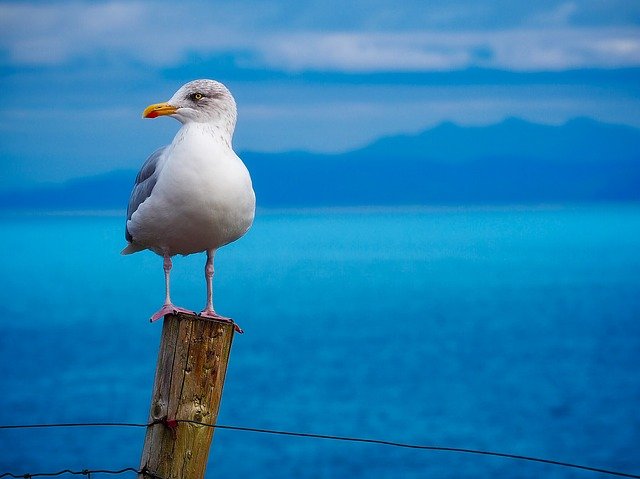You have no items in your cart. Want to get some nice things?
Go shopping
Jenny and I were in the playground after school. The blacktop basketball court across which we walked was so swollen with the bumps and craters of disintegrating asphalt that no one ever dribbled a ball on it for as long as I had lived. She was the very first girl that I thought I had a chance of kissing, and I thought she sensed it too: this chance that maybe something miraculous would happen between us. Several times, she teetered into me, bumping shoulders.
During seventh grade Earth Sciences, Jenny would catch me ogling her. Our teacher had heaped rocks on our desks for us to identify—igneous, sedimentary, and metamorphic—and it was across this temporary landscape that I thought I could feel her blush—yet she was guilty of it too, staring at me, and it unnerved me how long she can hold her gaze. During lunch, guys at my table talked about the weekend football games we watched on TV but, so agonizingly conscious was I of her slightest glances, that I could barely concentrate on the peanut butter sandwiches I pulled from my brownbag lunch. Sometimes I thought I was imagining it: the shared stares and how we gravitated into each other between classes at least twice a day. She was the tallest girl in our class, taller than I was, and certainly she was capable of bouncing into people in the hallways without it meaning anything. [private]
At one end of the court, near the free throw line, tree roots poked to the surface. Younger kids played tag by the swings, chasing each other across a belt of brown lawn to a busted-up picnic table that was “home base” to their game. Despite their hollering, my concentration focused on Jenny, the small breaths she made which only I could hear. Wind ruffled her dusty brown hair. Usually, she wore it in a ponytail, but today she had worn it loose, and as a consequence of the wind, strands brushed against my face.
Suddenly, she pointed to a dried-up streak of mud on the blacktop. The two-foot-long skid was the same color as the sandstone that, earlier in school, I had misidentified as being an igneous rock. Because of my wrong answer, our teacher called me an “ignoramus,” and, for the rest of the class, I flinched whenever Jenny looked at me.
The mud was thin enough at places that you could see the blacktop beneath it. She cracked off a chunk of it, then crumbled it between her fingers. “See that? You know what this is, don’t you? It’s golem dust.”
We were crouching on our knees, facing each other. Through the knees of my jeans, heat seeped up from the blacktop, warming me. I stuck a forefinger into the dirt but it felt no different from any other kind of dirt. Behind me, by the picnic bench, a disagreement had broken out among the children: they were yelling at each other, stomping their feet, and arguing the rules to their game. I looked up at Jenny, searching her smooth face that had begun to pinken from the sun. “Golem dust?”
“Yep. You know what a golem is, don’t you?”
I nodded, wary that if I admitted my ignorance, I’d blow my opportunity to kiss her.
Again, her hair gusted into my face.
“It’s a kind of monster invented in the Dark Ages,” she said. “People formed them out of lumps of clay. At first the golems protected the people, but then”— her green eyes narrowed—“then, the golems turned bad.”
“They did?”
Jenny cupped her hands together and spat into them, the sound startling me more than the actual act. We stared at the spittle wedged at the base her fingers. And then she said, “Go ahead. You can spit too, can’t you?”
I put my hands together to spit into them.
“No!” she said. “In my hands.”
She spat again into her hands, a juicy splatter that passed her lips with a loud gurgle, then pushed them towards me. That I might spit into another person’s hands—a cute girl’s, no less—staggered me. My parents had implored in me the urgency of being a good boy, someone who didn’t pass gas or cuss. Manners had been drilled into me. I couldn’t even sneeze without apologizing to everyone in the room. In regards to girls (or, as my father intoned, the fairer sex), I was to be a gentleman—which, as I understood, meant that I was to treat a girl as if she were one of the dainty porcelain figurines that my parents displayed behind the locked glass of the living room curio cabinet. Yet the girl I knew best, Jenny, tall as she was, was neither eminently breakable nor, it seemed, particularly refined.
Flecks of dampened mud lay in the creases at the back of her knuckles, but most of the mud she had grabbed from the blacktop was dry. She gave me a sidelong glance, quick and darting. Never had I contemplated something so dirty, so naughty—and the prospect that I might spit seemed to fill her with glandular excitement.
“Go ahead,” she said. “Do it.”
I spat and then spat again, and each time I spat, I felt her creep a fraction of an inch closer. We were doing something miraculous, I thought, something that we could not tell another soul about. The mud was moist but she made it moister still by spitting into it a last time, and then she began to knead it between her fingers until it had the consistency of modeling clay. We were making a golem, or so I thought, the fog of our breath glistening over it.[/private]

About Nick Kocz
Nick Kocz’s short stories have appeared in Black Warrior Review, Corium Magazine, The Florida Review, Mid-American Review, and Web Conjunctions. He is a past recipient of a MacDowell Fellowship and earned his MFA at Virginia Tech. Sometimes he blogs, but mostly he’s been revising a novel, hoping to get it right. He lives in Blacksburg, VA with my wife and children.




